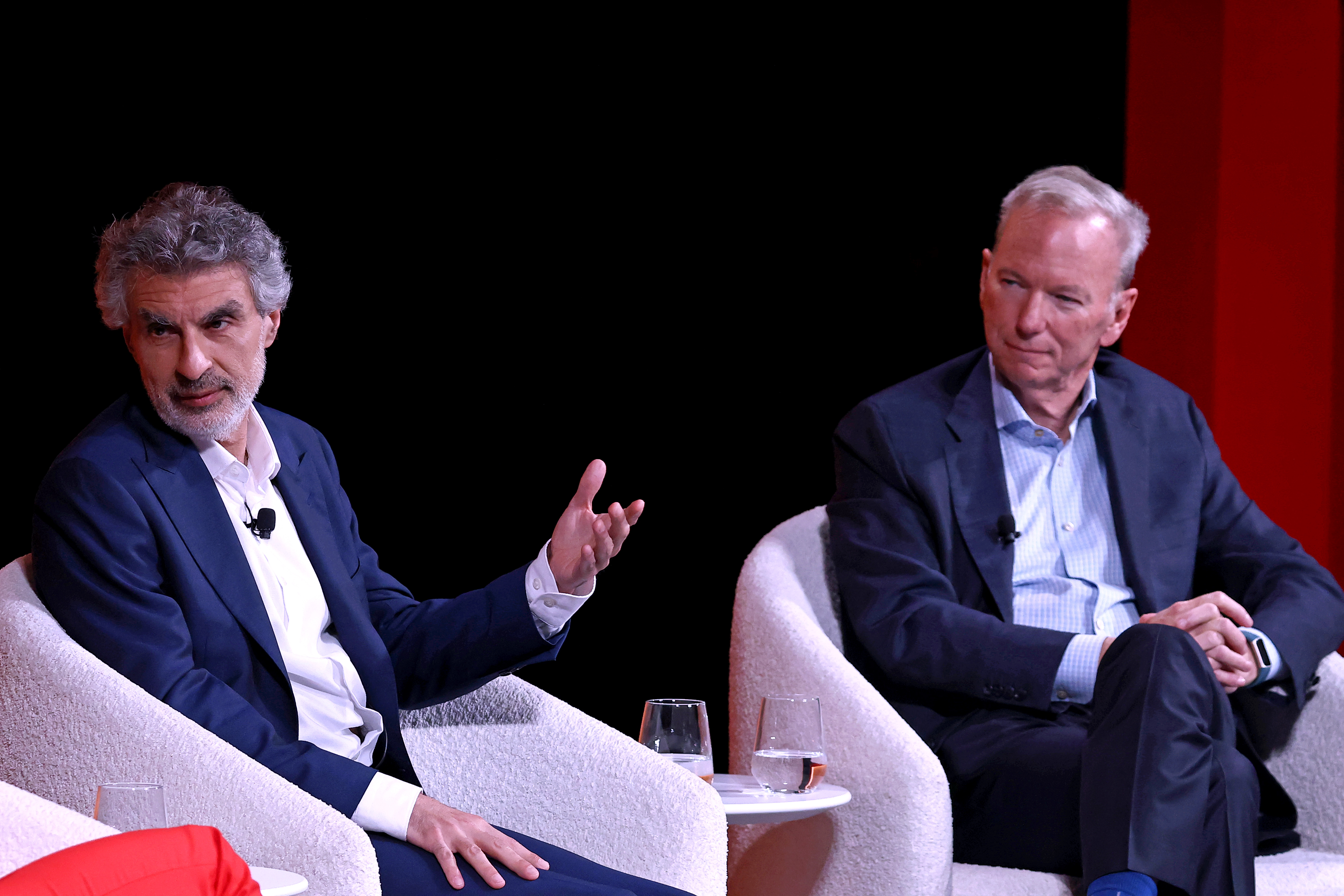

Eric Schmidt and Yoshua Bengio Debate How Much A.I. Should Scare Us
Two top artificial intelligence experts—one an optimist and the other more alarmist about the technology’s future—engaged in a spirited debate at the TIME100 Summit on Wednesday.
Both Yoshua Bengio, founder and scientific director of Mila Quebec AI Institute, a scientific hub, and Eric Schmidt, chairman of the Special Competitive Studies Project and former Google CEO, agree that A.I. is poised to transform modern society.
[time-brightcove not-tgx=”true”]
But as moderator Stephanie Ruhle, an MSNBC host, put it: “Yoshua believes that the risk of AI potentially putting us into extinction should be considered a global risk, like we look at pandemics and nuclear war. Eric is super, super excited about AI.”
Bengio’s main concern with AI is the difficulty in ensuring that AI systems are used for their intended purpose and not something harmful. “We absolutely need to clear the fog; right now, scientists really have no idea” how to get AI to behave according to the norms, law and values of society.
Schmidt and Bengio also spoke about potential conflicts of interest that profit-seeking companies may face in being tasked to regulate their use of AI. Schmidt maintained that industry leaders are the ones asking for regulation. But Bengio pushed back: “It’s tricky because companies are in this race to win; at the same time, the individuals of these companies are human and don’t want catastrophes to happen.”
Schmidt says that companies have about three to five years before they really need to “get their act together.” That’s when bigger ethical issues will emerge, he says.
“That’s very fast,” Bengio says; and he argues that there aren’t yet enough laws in place to force companies to secure their AI system so that data is not stolen by bad actors.
Schmidt is optimistic that Western countries will put those laws in place but is “more worried about institutions we don’t have control over.” Everyone is watching large American companies, so there’s less danger, he says.
Bengio stresses the need for international coordination because AI breaches in other countries can harm the U.S., too. “It’s starting but we need to accelerate (efforts),” he says.
The two did agree on something, though—that an inflection point will arrive when AI systems begin operating without human control.
That moment will be “incredibly dangerous,” Schmidt says. “You know what we should do? We should unplug the computers. It’s just not OK. There are limits.”
The TIME100 Summit convenes leaders from the global TIME100 community to spotlight solutions and encourage action toward a better world. This year’s summit features a variety of speakers across a diverse range of sectors, including politics, business, health and science, culture, and more.
Speakers for the 2024 TIME 100 Summit include actor Elliot Page, designer Tory Burch, Olympic medalist Ibtihaj Muhammad, WNBA champion A’ja Wilson, author Margaret Atwood, NYSE president Lynn Martin, comedian Alex Edelman, Bengio, 68th Secretary of State John Kerry, actor Jane Fonda, and many more.
The TIME100 Summit was presented by Booking.com, Citi, Merck, Northern Data Group, Glenfiddich Single Malt Scotch Whisky, and Verizon.
Get the latest work and career updates delivered straight to your inbox by subscribing to our magazine category today. Stay informed and ahead of the game with Subscrb.
The content on this website has been curated from various sources and is for informational purposes only. We do not claim ownership of any of the content posted here, all rights belong to their respective authors. While we make every effort to ensure that the information is accurate and up-to-date, we cannot guarantee its completeness or accuracy. Any opinions or views expressed on this website are solely those of the original authors and do not necessarily represent our own. We do not endorse or take responsibility for the content or actions of external websites or individuals linked from this website. Any reliance on the information provided on this website is done at your own risk. Please note that this article was originally seen on the source website TIME, by the author Sanya Mansoor
-
SALE!



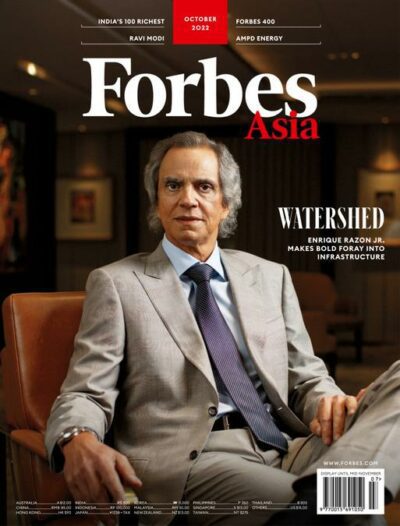
Forbes Asia Magazine Subscription
From: RM220 / year -
SALE!


Fortune Magazine Subscription
From: RM118 / year -
OUT OF STOCK

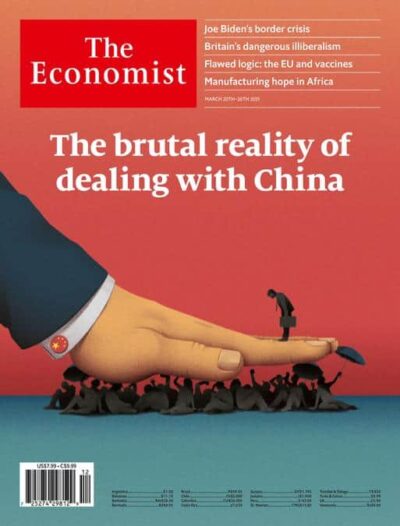


The Economist Magazine Subscription
From: RM1530 / year -

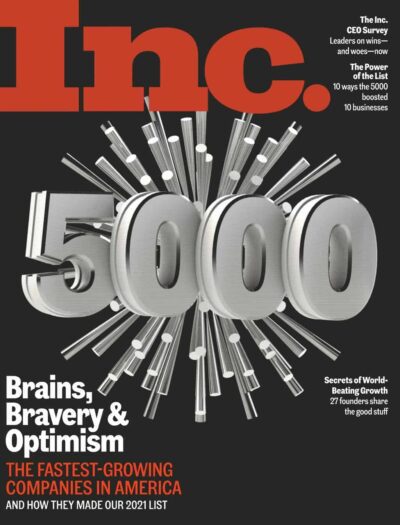
Inc. Magazine Magazine Subscription
From: RM22 / year -


Consumer Reports Magazine Subscription
From: RM22 / year -

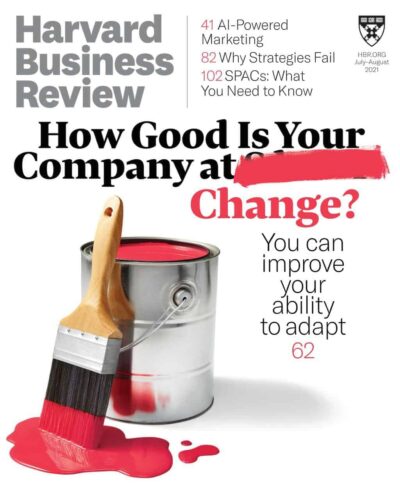
Harvard Business Review Magazine Subscription
From: RM83 / month -

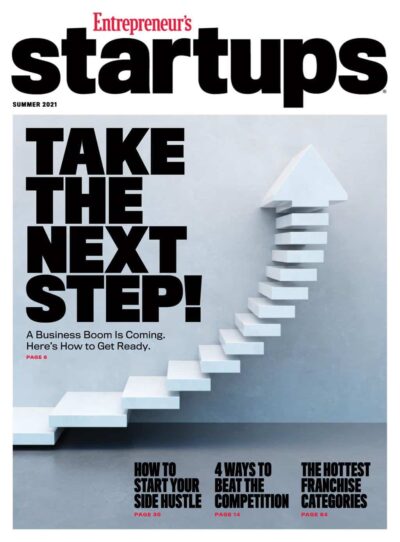
Entrepreneur’s Startups Magazine Subscription
From: RM4 / year -


BILLIONAIRE Magazine Subscription
From: RM131 / year



